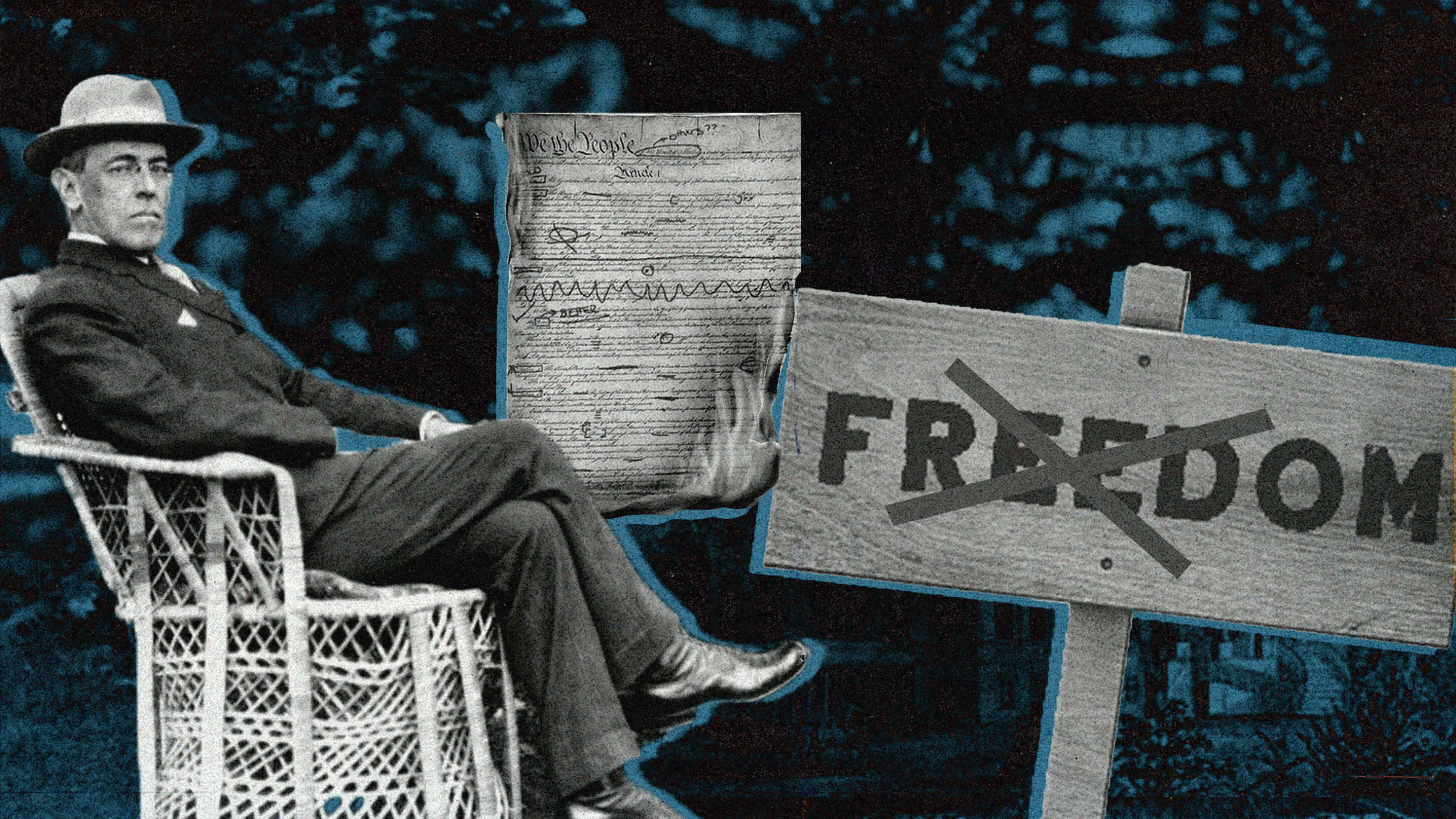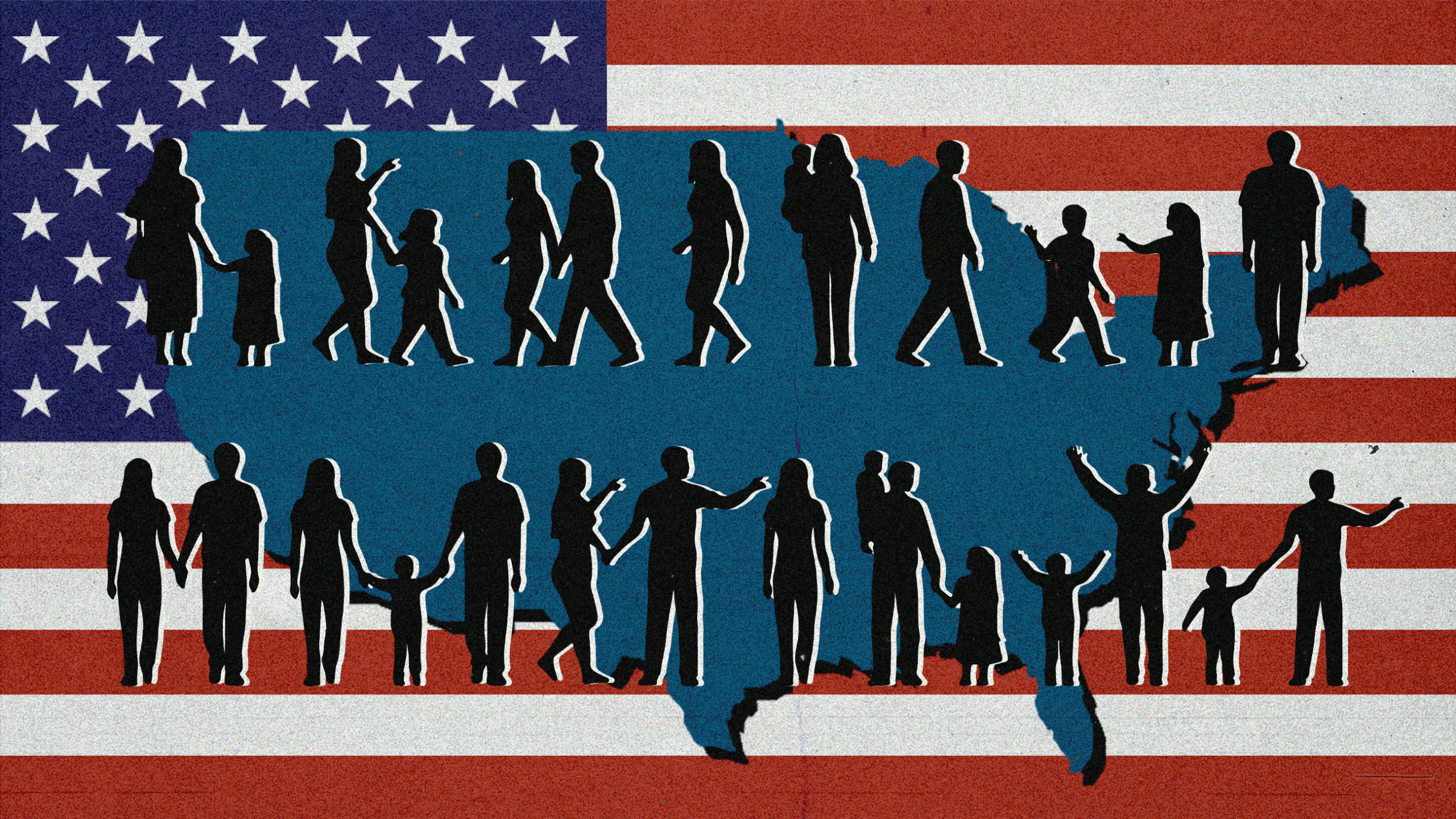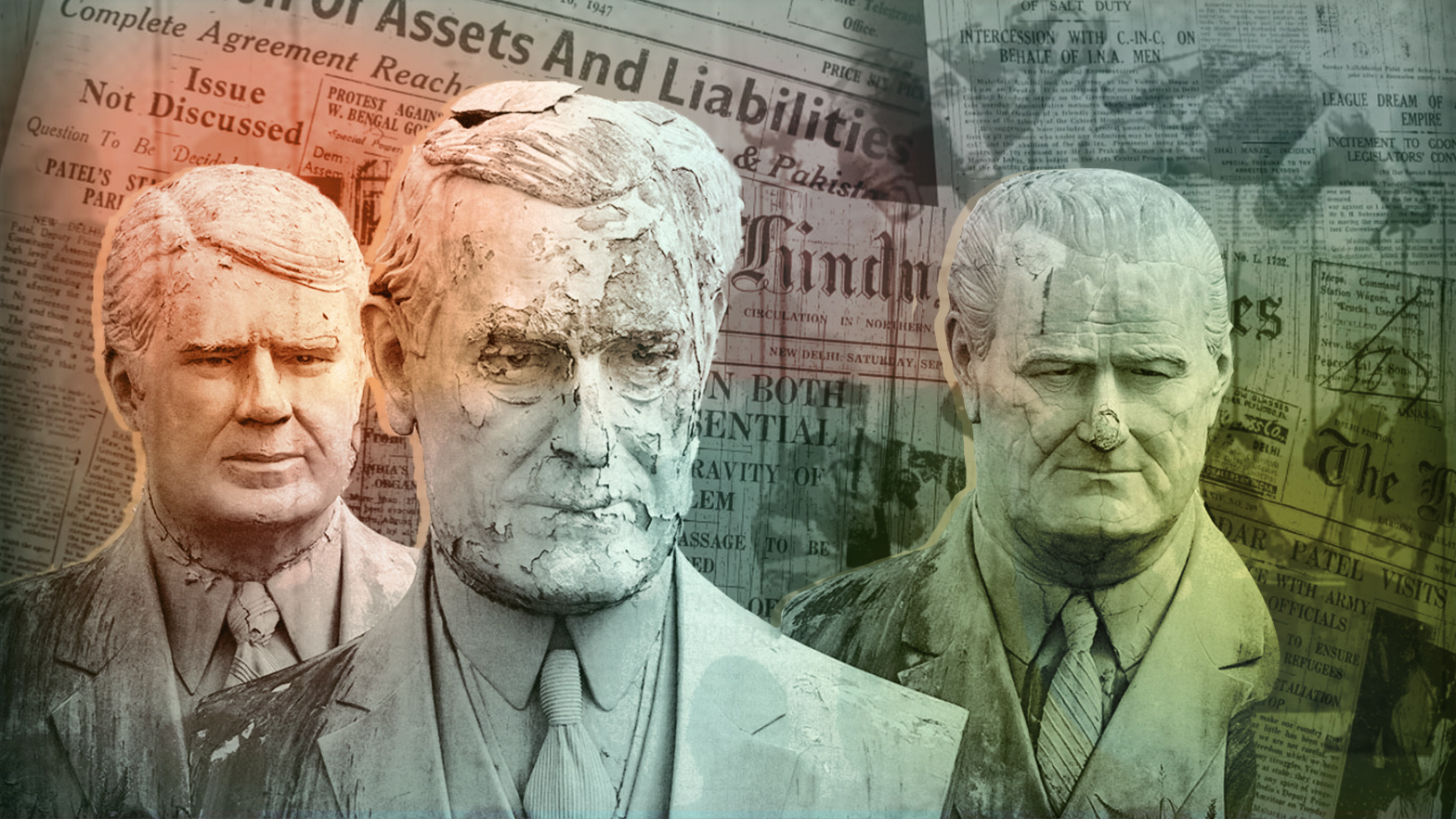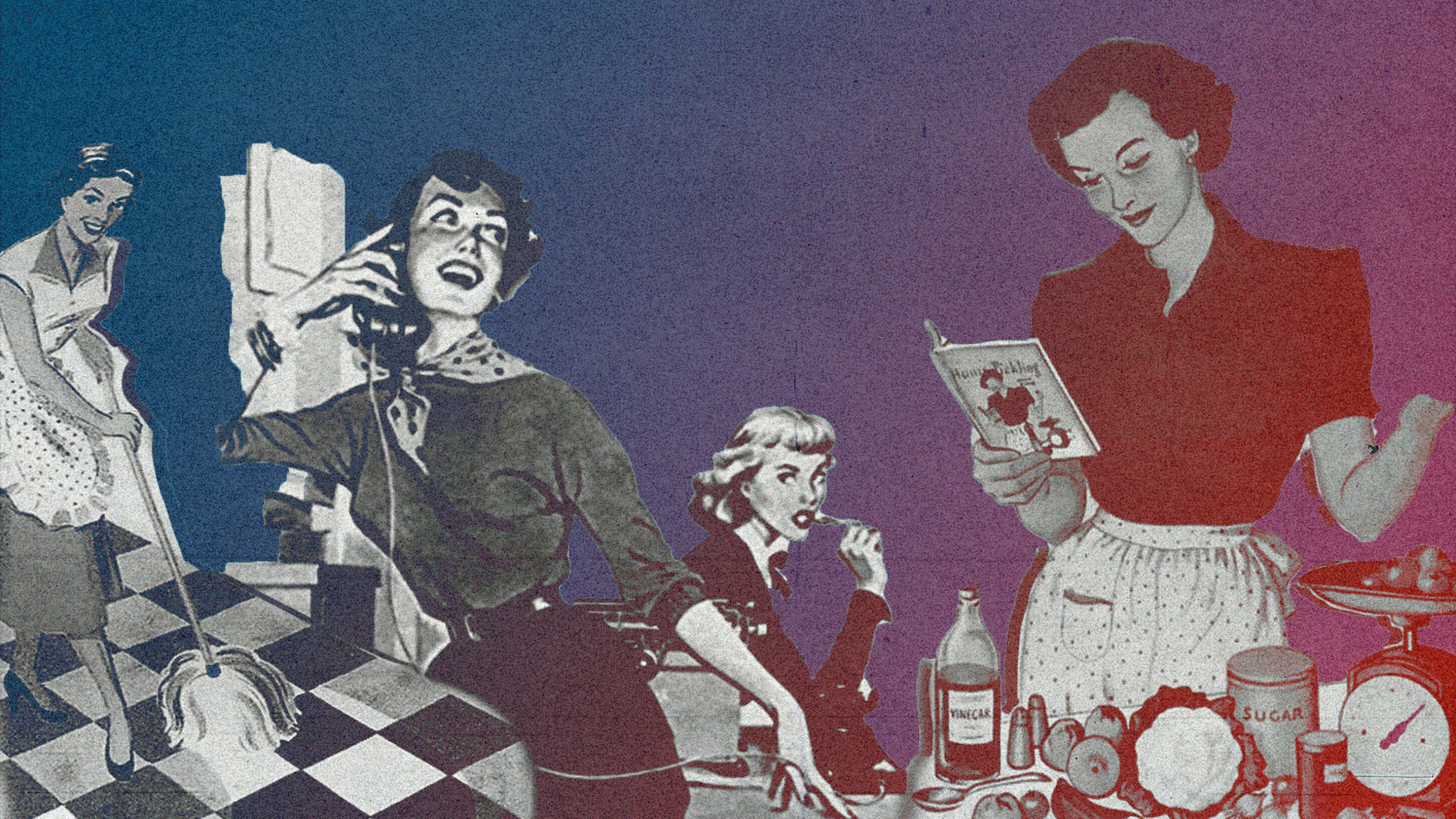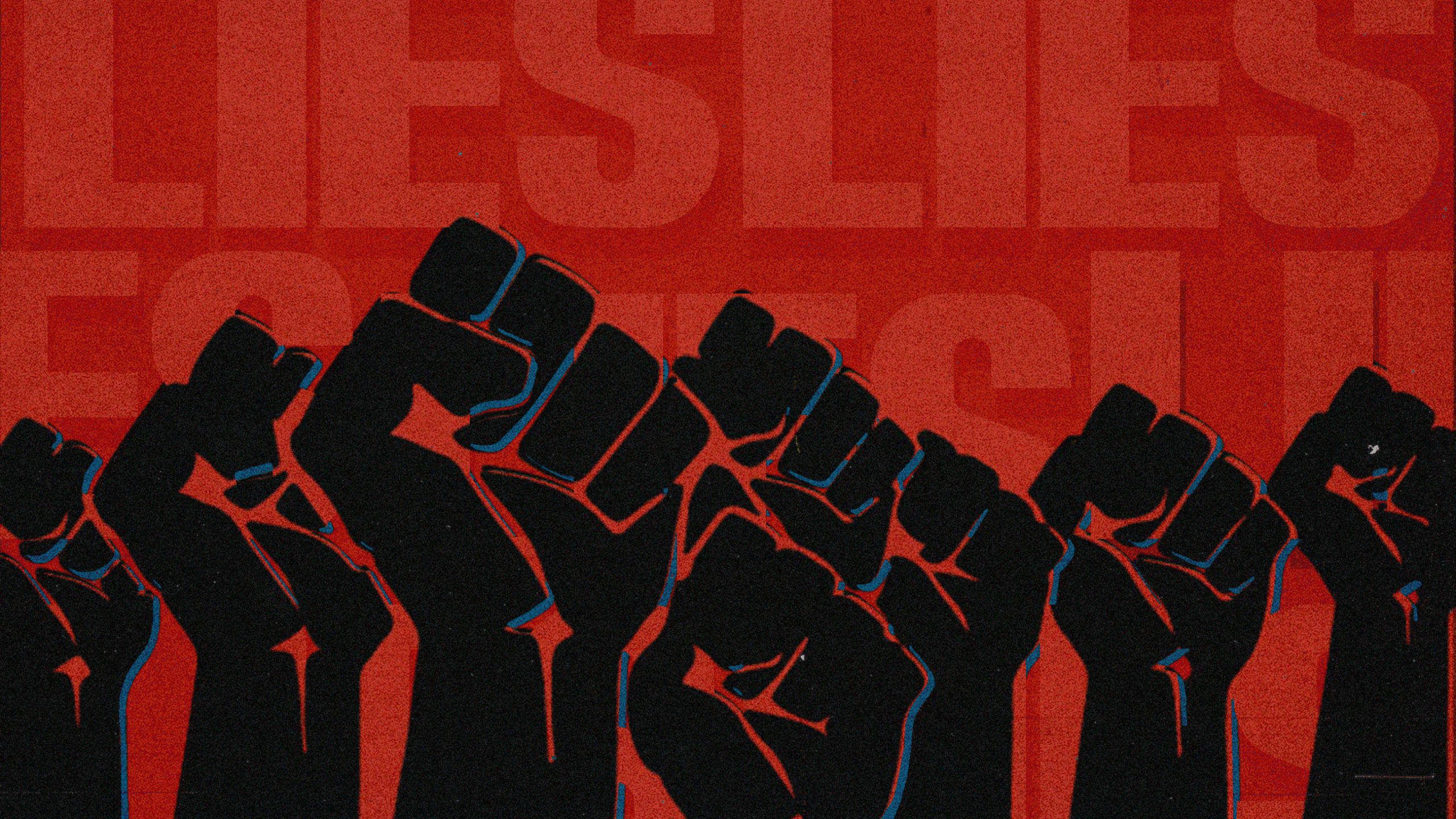The real “great replacement” is the replacement of America’s constitutional republic.
Elite, not Expert
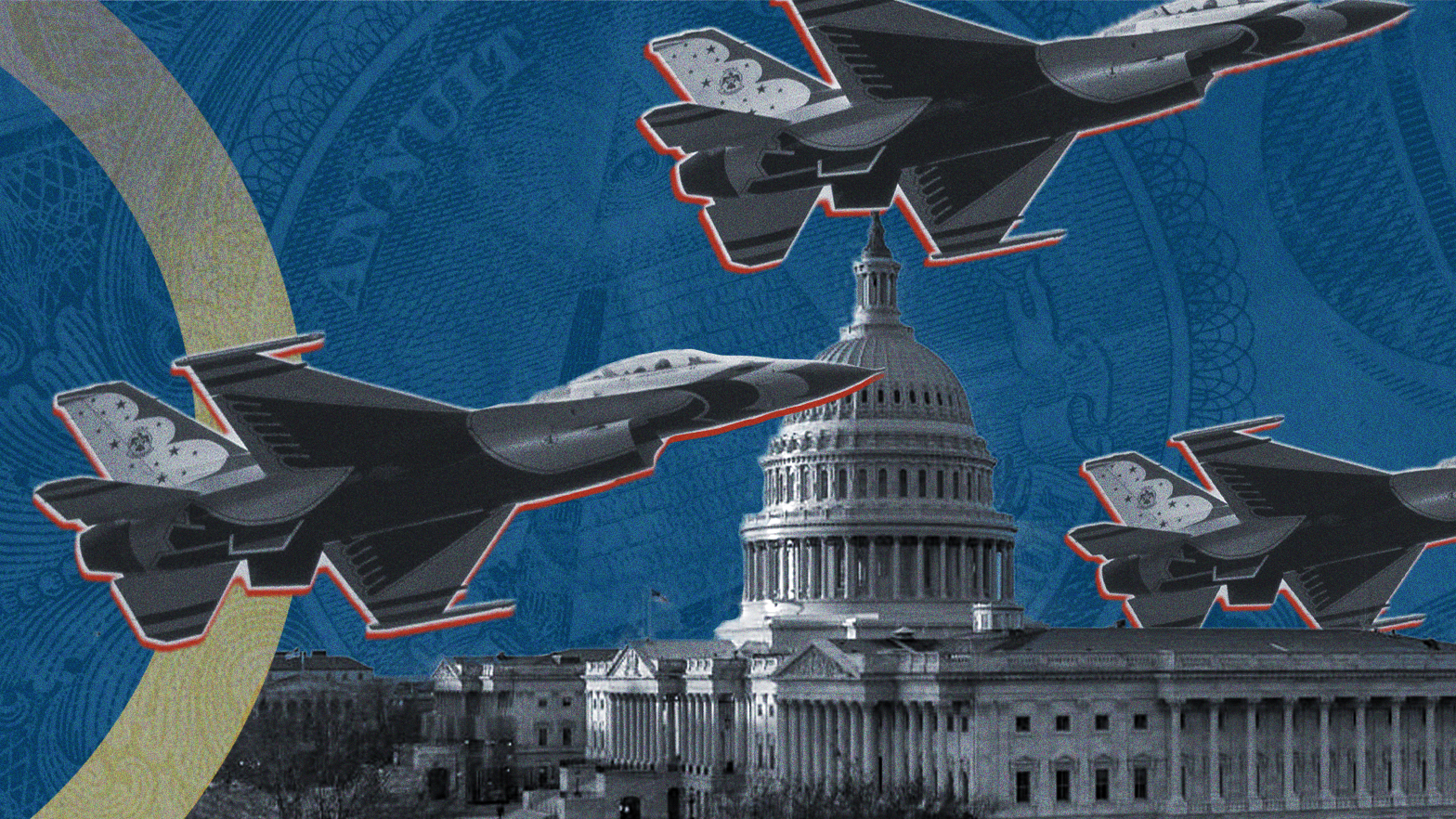
America’s elites are neither bright, competent, nor qualified
The following transcript is from a speech delivered at an event entitled “Lies of the Ruling Class,” hosted in May 2022 at the Claremont Institute’s DC Center for the American Way of Life.
We’ve all been asked to speak to some particular lie of the present regime. First, though, a word on that word.
We, or at least I, have been taking some flak recently for using it. It is said that we mean it as a pejorative. But when I say “regime” in reference the present ruling order, I am speaking as a political scientist. “Regime” means “ruling order” or “form of government.” How, then, could using this clinical word possibly be pejorative?
It’s true that I do not believe the present regime of the United States bears much similarity to that of the founders. In this, though, I am once again just being descriptive. Any honest observer would have to admit as much. Indeed, those who have done the most to change the founders’ regime into what we have today are, or used to be, quite open about what they consider to be the inadequacies of the former which necessitated its transformation. But partisans of the present regime recently determined that their former openness no longer serves their interests. Hence today they obscure the nature and extent of the changes to our regime, the better to confuse and disorient their enemies.
Do those who accuse me of using “regime” as a pejorative deny that any change has taken place? If so, they are being unscientific, not to say delusional. Or is their denial insincere, an example of what I have termed the “Law of Salutary Contradiction”? The regime hasn’t changed—and it’s good that it has, because the old regime was “racist” or whatever.
In the case of the fake “conservatives,” I believe they know our regime has changed, they welcome that change, and so attack those who notice but don’t welcome it. This is the Law of Salutary Contradiction married to the Celebration Parallax: they get to say it because they like it; when we say the same thing, it’s a dangerous conspiracy theory. The role of these fake “conservatives” is therefore to gaslight you into believing that the founders’ regime still rules, and, failing that, to denounce you for saying otherwise. Telling the truth about the present regime is not a privilege allowed to its critics.
It’s hard to say what, exactly, the present regime is. I can find no precise analogue for it in the various regime catalogues of classical, medieval, or modern political philosophy. For classical political science, a regime is defined by who rules. But who rules ours? Who is sovereign? This is not, at least not for me, an easy question to answer.
The best I can do right now (that is to say, I don’t rule out coming up with a better answer later) is some combination of a corps of elites and the doctrine they follow. Which is tantamount to another chicken-or-egg question. Certainly, elites write the doctrine, but only a subset of them; the rest follow blindly. And even the elites who do the writing are not “creative” in any Nietzschean sense; they are following what we may provisionally term “deep doctrine,” which they only dimly understand and don’t know the origins of. Perhaps, then, the doctrine is sovereign?
Be that as it may, one may more confidently say that, unlike many past notions of a “regime,” ours includes more than the officers of the government. It is comprised of a whole array of elites in business, finance, tech, academia, entertainment and media, and the non-profit sector (to cite only the most important). The elites work together seamlessly in a way that is neither anticipated nor welcomed by the founders’ regime, nor even by the conservatism of just a generation ago, which insisted on a sharp separation between the public and private sectors.
These elites mostly arise from the same socio-economic background and all share the same credentialing and a worldview. This is the core marker of what makes a person part of the elite: do you hold the correct opinions on a certain number of hot-button, social, domestic, and foreign policy issues? Are you pro-vaxx and anti-butter? Pro-jogging and anti-weightlifting? Pro-Ukraine and anti-Hungary? Pro-BLM and anti-PBA? Etc. Holding the right opinions—i.e., adherence to the doctrine—is the defining characteristic of our elite. With the correct opinions, you are not guaranteed a spot among the elite, but without them, you are certain to be shut out.
What Have They Done for Us Lately?
It will be retorted that all societies must and do have elites. Far be it from me to deny that. The question before us, then, is: what is the track record of our present elites? When was the last time they got something right? Or do we have to go back to a different set of elites for that? Absent a tumult like 1789 or 1917, elites tend not to turn over at a stroke. Change is gradual. When, exactly, our present elites took power is another thing that is difficult to say.
That caveat aside, a commonplace answer, especially from the conventional Right, is the 1980s into the early or mid-1990s. In this period, the elite accomplished a series of what, in hindsight, seem like miracles. They crushed inflation, revived the American economy, restored competence and morale in the armed forces, ended the Cold War peacefully, and then (in the first Gulf War) achieved America’s first strategic military victory since 1945. They also tackled a crime problem that had been rotting America’s cities since the mid-1960s.
Even that picture, though, becomes clouded with hindsight. As great as the Reagan boom seemed at the time, is it not evident now that the emancipation of Wall Street led to increasing financialization of the economy? That the free trade dogmatism of that period paved the way for mass outsourcing, deindustrialization, and globalization? That its standout “new economy” stars such as Apple today play an outsized role in pushing woke capitalism and bolstering the security state? That our cozy relationship with China, as a hedge against the USSR, gave way to our corporate sector’s slavish dependence on China? That we exulted a little too much in the humiliation of Russia, leading to decades of bad blood, of which the Ukraine war is one poisonous fruit? That we pressed our victory too far with NATO, and even E.U., expansion? That our relatively easy victory in the Gulf War emboldened us to intervene, increasingly, everywhere, confident that we could do so with impunity?
In other words, what appeared at the time to be significant successes turned out over the long term to have disastrous strategic consequences. An elite worthy of its rank would have seen all that, and at least tried to find ways to avoid or mitigate it.
Similarly, one might also say that the last real elite success was the immediate post-9/11 war in Afghanistan. Whatever you think of it, it was a brilliant military victory, executed flawlessly. A minuscule force of special operators and intel paramilitaries worked with a native ground army to topple the Taliban in two months, with minimal causalities. America’s honor was vindicated, and hostile regimes put on notice.
But then what? We let the Taliban and al-Qaeda leadership get away. Much worse, we stayed in the country, fruitlessly, for another 20 years trying to create a democracy. This has to be one of the worst elite failures not just in American but in world history.
From that point—December 2001—it becomes increasingly hard to think of anything the elites got right. If one is being generous, one would include the three-week war to topple Saddam Hussein’s regime in Iraq, which was an initial military success. But once you include the follow-on consequences of that misguided operation, the whole thing emerges as a monstrous failure, worse than Afghanistan. We broke a country that, however evil its regime, was not a serious threat to us, that we could easily contain had it been, and that was a bulwark against the more serious threat of Iran.
Think of some highlights since then. Hurricane Katrina: complete incompetence at all levels of government. Katrina, we could at least say, was an act of God. The meltdown of the financial sector was entirely elite-created. One upside, supposedly, of having a financialized elite is that they are supposed to understand markets and money. That alleged understanding brought us the greatest financial crisis since the Great Depression.
Not that the bankers did it alone. They were helped immensely by politicians and bureaucrats who deliberately inflated the housing market for domestic political reasons, some of them well-meaning. Home ownership is part of the American Dream, after all. Well, one way to expand home ownership is to make it easier to get a loan. One way you make it easier to get loans is to lend to people who can’t pay them back. Bankers are supposed to know that’s a potential problem. But in this case, the bankers either didn’t know or didn’t care (because they were making so much money) or didn’t want to know, because evaluating borrowers on their credit-worthiness leads to disparate impact, which gets you in trouble with the regulators, angers your employees, and subjects you to protests and boycotts.
So we ended up with a huge crash, bailouts to the banks that (in part) caused it, and no real reform.
These two elite failures—Iraq and the financial crisis—ironically cemented elite control of the regime. Voters rebelled, understandably, by punishing the party in power. But they ended up installing an administration that was even more elite—more Ivy League, more bicoastal, more tied to Wall Street and Silicon Valley—than any that had come before. Voters thought they were punishing the people who had blown it. But really, they were just rewarding a different set of elites, not a different type; they ended up empowering the same type, only more so.
Most of the things we, or I, consider to be central to the elite agenda were accelerated with increasing urgency in the Obama Administration, especially in the second term. More financialization, more tech ascendency, more globalization, more deindustrialization, more money printing and artificially low interest rates, more overseas intervention, the continued erasure of our borders, elevation of the security state, attacks on law and order, more anarcho-tyranny, more woke unanimity from the media-university complex, and the demonization of America’s past, especially of its one demographic that most cherishes that past.
Trump was a reaction against all that, and against the aforementioned mistakes or unintended consequences of the Regan era. But elite dominance over the regime proved all but impossible for Trump to overcome. Even more difficult to overcome was the transformation of the regime itself. When half or more of its power centers are outside the government, and completely controlled by a president’s enemies, there is little he can do against their recalcitrance and attacks.
All this came to a head in 2020. But the two big events of that year—COVID and the BLM riots—appear to be yet more examples of regime failure. The COVID threat was exaggerated, the efficacy of masks and lockdowns turns out to have been nil—yet the damage they did was extraordinary—and it appears that the various vaccines are at best a bust and at worst harmful. As for the riots, I remain perplexed at how the ruling class benefitted from encouraging woke mobs to sack its own citadels.
Some insist that this was all planned. If so, what did the elites get out of it? “Control!” comes the answer. That’s possible. But if so, it would seem that this additional control came at a very high cost: the destruction and even dissolution of the society which the elites rule.
What’s the Point?
We all know Milton’s line that it’s “better to reign in Hell, than to serve in Heaven.” Does this logic (such as it is) require one to create a hell in order to rule? To take a more or less functioning society and make it hell?
As we’ve all noticed, nearly everything we used to take for granted is getting worse. Street and property crime is only the most obvious example. Take another: air travel. Flight cancellations with no warning are now the norm. A very short time ago, this was very rare. The elites fly more than the average person; not all of them can afford to fly privately. How does mucking up civil aviation help them? Or one more example: Europe is about to plunge into a deep freeze because of idiotic energy and reckless foreign policy. In addition to making everyone’s teeth chatter, energy shortages will also have a massively detrimental effect on Germany’s industrial economy—and yet Germany, more than any other country, is determined to stay the course.
What explains this behavior? I don’t rule out a grand plan, but this seems the least plausible explanation. Modern elites have no Marx or manifesto (unless it is Marx and his Manifesto; but they are too greedy for that to be the case). Their premier conferences such as Davos produce nothing but bromides and pabulum—nothing like a serious plan for world domination. So if they really do have a detailed plan, they have proved very effective at keeping it secret.
I propose, not as definitive but provisional, three related explanations for elite behavior that fit the observable facts. First, the elites’ top priority is simply to stay in power and self-perpetuate as a caste; what they do with their power is secondary. Second, they think only short-term. Whatever they need to do in the here and now, to get them through this or that crisis, they will do, long-term consequences be damned. Third and perhaps most important, they are in the grip of a faith-like ideology that they cannot question. None of it has been thought through, but its basic tenets (the doctrine) are known to all and treated like scripture from which it is heresy to deviate.
Take the Russia Hoax. It famously began as an “insurance policy” to preserve elite power. It stretched into a credibility-shredding exercise of stating wild claims over and over that would all be quickly disproven. Thus did they torch enormous amounts of credibility for short-term gain—gain which turned out to be partial. RussiaGate hindered, but didn’t destroy, Trump. And it became an article of faith that one must believe to have any standing in the regime. Even after every claim was refuted, our elites still insist that Trump was (is?) on Putin’s payroll.
In fact, the elites have been burning through the credibility of arguably their two most important institutions: the universities and the news media. These still have enormous power and prestige, but they are now believed and respected by, at best, half the country (it might be as low as a third) and positively despised by the other half. When the most important foundation for your rule is propaganda, this is a problem.
But anyway, subject almost any issue to this same analysis. COVID increased their power, harmed Trump, arguably turned the 2020 election, and is now an article of faith (mask up!). But their overreaction also caused lasting damage to the economy that generates their wealth and the people who fix their jets. BLM motivates their base, harms Trump, arguably also tipped the 2020 election, and is certainly an article of faith: white-on-black violence is the greatest crisis in American history! But their central cities were destroyed and haven’t recovered, crime is up everywhere, and their most loyal constituencies are suffering the most. The promotion of trannyism feeds the psychic need of the most vocal among their psychologically deranged base, but over the long-term riles up parents appalled at the idea of having their children genitally mutilated by sinister doctors in league with the schools, social workers, and the state. But that doesn’t matter, because trannyism is sacred and cannot be questioned, consequences be damned. And so on, and so forth.
The airlines recently announced that they will be diversifying their pilot corps, i.e., discriminating against whites and men, and especially white men. Some tendentious twits will argue, in bad faith, that pointing this out amounts to a wish that BIPOCs not be pilots. No. It is rather to say that, once pilots are selected by criteria other than skill at piloting, planes are more likely to crash. Is that in the airlines’ interest? It’s in their short-term interest not to be assailed by woke mobs, not to be boycotted, not to be maligned in the press, not to be harassed by regulators, and not to be sued by pressure groups. But how is it in their long-term interest (to say nothing of their passengers’ interests) to crash planes? It’s perhaps more accurate to say that they’re willing to risk crashing planes so as to avoid the wrath of woke mobs, to satisfy their executives’ own quasi-religious belief, and because they’re confident that even if planes do crash, the media and intelligentsia will work overtime to “explain” that none of the crashes happened for the reason you think they did. Elites will, I am confident, even convince themselves that this is true. But still the question hangs in the air: for how long can the situation last?
Don’t even get me started on what the elites are doing to medicine. Medicine! Just as pilots will soon not know how to fly, doctors will soon not know how to heal. (But both will be intimately familiar with the latest in intersectionality theory, which is what really matters.) What explains this? Do elites not get sick? Have they built a parallel medical system we don’t know about, which only they can use? I guess by definition I wouldn’t know if they had, but isn’t the more plausible explanation that they are all in grip of mass hysteria?
A wise, competent, qualified elite would not do this, nor much else besides. They justify their rule based on their alleged expertise, but they appear to have expertise only in self-perpetuation. And it’s reasonable to wonder how long even that can last given their abysmal record. For how long can they stay on top if they keep acting for their short-term perceived interest in ways that undermine, or even cannibalize, their long-term interests? For how long can they remain in charge if their belief system is explicitly anti-nature, contrary to the hard-coded order of things?
Right now, America seems to be replaying some of the worse aspects of the 1970s: inflation, a looming energy crisis, humiliation overseas, decaying prospects at home, rampant vice in the population. There are no easy solutions to many of our problems, but the elites could do something about some of them yet choose not to. To echo an earlier point, this causes some to speculate that they must want to destroy everything, that they must benefit (or believe they benefit) from the wreckage.
Maybe. The first half of that formulation at least fits the observable facts. But the second? Isn’t it possible that they do want to destroy everything, because they are insane, or nihilists, or motivated by self-hatred (or some combination), but that they don’t expect to benefit? That they are too dumb, heedless, and short-sighted to have thought it through?
Whatever the case, it’s only natural for an elite to want to stay in power. That’s in part what our elites’ bleating about “our democracy” is really about. Things that secure their power are “democratic.” Movements, candidates, laws, votes, etc., that threaten their power are undemocratic. Actually, “undemocratic” has become a passé term, too mild for the present ruling class. No, anything they don’t like is now “fascist.”
One other thing that characterizes our elite is anger: anger at your ingratitude and lack of respect. In their mind, the elites believe they deserve what they have. They are “meritocrats,” the “best and brightest.” They earned their position in the elite via their GPAs, SAT scores, extracurricular activities, and the “community service” work they did to pad their college applications. They believe they are very, very smart and that intelligence is the supreme, and perhaps the only, virtue. They also, as they never tire of reminding you, “work hard.” They thus really believe that they deserve our admiration and gratitude. It never occurs to them that their arrogance, insults, and misrule might, to the contrary, earn them the opposite. Hence when confronted with the opposite, they get angry. Just as there is no moderation in them, there is no soul-searching or self-reflection either. They never fail; you, rather, fail to appreciate their superiority. For that, you must be punished.
Just a Thought
At the risk of sounding defeatist, I don’t know how to dislodge the present elites. It seems to me that their grip on power is so secure that ordinary political action—organizing, voting, governing—will not suffice, especially when half or more of the regime is beyond government control.
So instead I will make a suggestion to our rulers; it won’t be heeded, but I will make it anyway. Be better tyrants. (I should hear clarify that I use this word in its original meaning: usurper who rules without law. I do believe, as I have already said, that the present rulers usurped our constitutional order, and that they rule without law, or that they make outward shows of respect for the law only when it suits them. I am not equating them with Pol Pot.) Anyway, my advice to them is: treat the country as your estate. When it thrives, you thrive. When it prospers, you prosper. When it’s healthy, you’re healthy. Rule for the common good so that you may better advance your own good. You own the joint. Act like it. Stop looting and start building.
Secure the border and re-shore manufacturing for the good of your subjects. Restore the military’s competence and then use it sparingly. Promote rather than despoil the middle class. Adopt policies that reduce wealth and income inequality and promote home ownership. Get control of your universities. I’m not asking you make them conservative; that would be like bringing democracy to Russia. But at least make them sane. Fight crime. Enforce the law equally. Bring the national security state to heel. Stop calling half the country enemies of the state and cool it with the anti-white racism.
They will not do any of this. Whether because they can’t or don’t want to hardly matters. Either way, the only two things they are competent at are self-perpetuation and societal destruction. And the latter is a direct threat to the former. If they were even minimally competent, they would know that.
The American Mind presents a range of perspectives. Views are writers’ own and do not necessarily represent those of The Claremont Institute.
The American Mind is a publication of the Claremont Institute, a non-profit 501(c)(3) organization, dedicated to restoring the principles of the American Founding to their rightful, preeminent authority in our national life. Interested in supporting our work? Gifts to the Claremont Institute are tax-deductible.
Whom does perpetual immigration serve?
Ruling class lies about human nature make civility nigh-on impossible.
Why Women Can’t Have it All.
And is it good?
The religion of ethnic caste.

